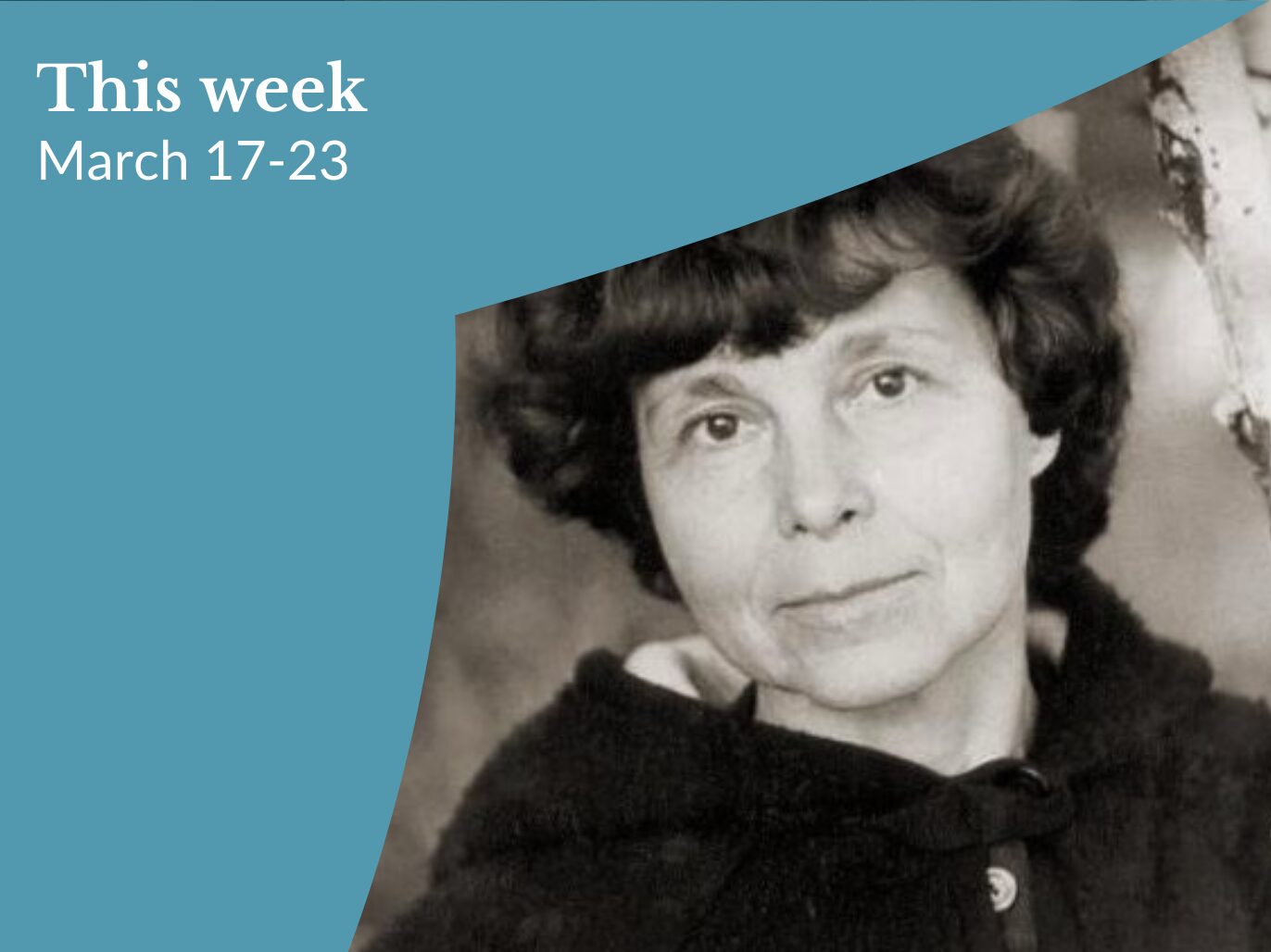As medici.tv’s Chief Content Officer I spend a lot of time thinking about classical music—and a lot of time on the internet. Here’s my selection of the top five news items you need to see this week if you want to stay in the know.
View author's page
Reading time estimated : 5 min
Pioneering composer Sofia Gubaidulina dies (The Guardian)
Sofia Gubaidulina, one of the great composers of the late twentieth century, passed away on Thursday at the age of 93. Gubaidulina’s training and early career were marked by the challenges of working under Soviet rule. As this obituary in the Guardian describes, she sought out the work of her contemporaries in the West, which included Pärt, Stockhausen, and Xenakis. When her work was criticized by her teachers in Moscow as a “mistaken path”, Shostakovich quietly encouraged her to continue down that path. Much of Gubaidulina’s work is infused with religious themes, a compositional style she dubbed “instrumental symbolism.”
JD Vance booed at the Kennedy Center (The Washington Post)
A National Symphony Orchestra concert last weekend got off to a dramatic start with nearly a minute of raucous booing as US vice president JD Vance and his wife Usha—a recently appointed Kennedy Center board member— took their seats. Critic Michael Andour Brodeur wrote in the Washington Post that a couple of boos quickly snowballed into a roar from across the hall, as the orchestra members sat stoically on stage. This impassioned crowd reaction is the latest episode in the heavily-mediatized drama that has unfolded around the Kennedy Center in recent weeks, as the Trump administration has moved to completely overhaul the institution, its staff, and its programming.
As for how the rest of the concert unfolded, the NSO, performing alongside conductor Gianandrea Noseda and violin soloist Leonias Kavakos, “sustained a tension that commanded attention, impossibly flipping the energy of the room.” The medici.tv stream is available to watch on replay now:
The New York Philharmonic premiered a piece by Ravel not played since 1902 (The New York Times)
A piece written nearly 125 years ago finally made it to the concert stage this week as the New York Philharmonic, performing under their incoming Music Director Gustavo Dudamel, gave the world premiere of Sémiramis : Prélude et Danse as part of an all-Ravel program celebrating the composer’s 150th birthday. Sémiramis was composed while young Ravel was a student at the Paris Conservatory. While the score is clearly unfinished — missing a tempo marking and a few notes here and there — it is stylistically consistent with Ravel’s other writing at the time and bears his uniquely elegant penmanship. The only known performance took place in 1902: a read-through in an orchestra class, mentioned by pianist Ricardo Viñes in a diary entry.
“Baron Knoop” Stradivarius violin sold for record-breaking sum of $23 million (The Strad)
After last month’s speculation that a Strad would break sales records at Sotheby’s (it sold for “only” $11.25 million in the end), a private sale has made the Baron Knoop violin the most expensive in history. Dating back to 1715, the Baron Knoop was purchased by an anonymous buyer for $23 million this week, earning its previous owner, renowned collector David L. Fulton, a tidy profit: he had purchased the rare instrument in 1992 for just $2.75 million. Fulton told The Strad that the violin “deserves this accolade… It’s one of the very greatest Strads, and my favorite violin of all.”
Sheku Kanneh-Mason announces a pair of books to be published this May (Facebook)
On his social media channels, star cellist Sheku Kanneh-Mason revealed two new book projects set to be published this spring: Little Sheku and the Animal Orchestra is a children’s picture book (illustrated by experienced artist Rekha Salin) recounting the adventures of an orchestra who need to work together to find their missing conductor, and The Power of Music, a memoir Kanneh-Mason hopes will confirm that “classical music is for everyone, not just an elite few.”

